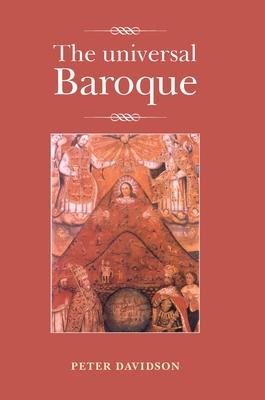'The nation-state is the enemy of the baroque.' This is the point of departure of this radical, even revolutionary, re-examination of the cultural history of the early-modern world. Drawing on sources in six languages, many of them hitherto unavailable to the English-speaking reader, and touching on the visual arts, architecture, music and literature, this study frees the word 'baroque' from being a term of periodisation into being the descriptor for a network of circulation of ideas, words, plants, arts and energies which encompassed the totality of the early-modern world.
This challenging book also forces a reconsideration of many of the prejudices of the Anglophone perception of cultural history and in doing so opens to the reader a world of wonders: the allegorical dramas of Ireland and Belgrade; the arquebusier angels of Cuzco painting; the operas and festival music of Bolivia; the vertiginous architectural fantasies of the Jacobite exiles.
'The nation-state is the enemy of the baroque.' This is the point of departure of this radical, even revolutionary, re-examination of the cultural history of the early-modern world. Drawing on sources in six languages, many of them hitherto unavailable to the English-speaking reader, and touching on the visual arts, architecture, music and literature, this study frees the word 'baroque' from being a term of periodisation into being the descriptor for a network of circulation of ideas, words, plants, arts and energies which encompassed the totality of the early-modern world.
This challenging book also forces a reconsideration of many of the prejudices of the Anglophone perception of cultural history and in doing so opens to the reader a world of wonders: the allegorical dramas of Ireland and Belgrade; the arquebusier angels of Cuzco painting; the operas and festival music of Bolivia; the vertiginous architectural fantasies of the Jacobite exiles.Paperback
$40.06